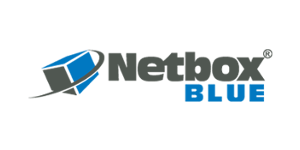Are they ready? A quick review of graph databases and Python
Graph databases store, retrieve and process data that takes the form of a graph: a network of nodes and the relationships between them. As one of the fastest growing database models over the past two years, they promise a number of fantastic outcomes including increased performance, faster development, and cleaner code. Vendors also boast of large corporate deployments throughout the US and Europe.
So, are graph databases as good as they sound? How can we use them with Python?
This talk will review a couple of the most popular graph databases including Neo4J, Titan and OrientDB. The focus will be on interacting with each database as Pythonically as possible – using Python APIs as much as possible. Along the way it will give an idea of ease of use, speed, documentation quality and stability, as well as any other challenges or tricks that found along the way. It isn’t a tutorial – there’s not enough time, and those exist elsewhere – but instead more of an introduction to what is out there and what you can do with it.
At the end of the talk, you will have an idea of what it takes to get started with Graph Databases in Python, and also an idea of which toolset you want to use. You’ll also have an idea of the sorts of problems which map well to graph databases, and which ones may be better suited to other storage and processing methods.
You won’t need to have a background in graphs or even a lot of Python experience to get through this talk. However, it’s always good to have a potential application in mind.
Nic Crouch
Nic is a consultant with the Deloitte Enterprise Information Management Consulting team in Melbourne. At work, he works with clients to improve their business intelligence and analytics capabilities through the use of both traditional tools and newer techniques. This is largely focused on the use of Big Data tools, such as Apache Hadoop and the surrounding ecosystem. At home, he enjoys working on a large variety of side projects, basically all of which are based on Python. In particular he works on the Laptops in Lectures project, which is a project that aims to give interesting and improved tools to programming teachers. He is also a trained Software Carpentry instructor.





